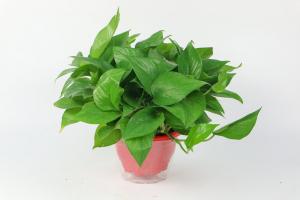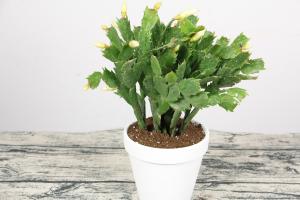Will Chlorinated Water Hurt Plants?
Chlorinated water is commonly used for household chores such as cleaning, cooking, and washing dishes. However, when it comes to watering plants, many gardeners are concerned about the possible adverse effects of using chlorinated water on their beloved plants. In this article, we will explore the truth behind the question - will chlorinated water hurt plants?
Chlorine Content in Tap Water
Tap water contains varying amounts of chlorine, depending on the local water treatment facility. Chlorine is a disinfectant commonly used to kill bacteria and other harmful organisms that may be present in the water. While chlorinated water is safe for human consumption, its effects on plants are different due to their different metabolic systems.
Effects on Plant Growth
The effects of chlorinated water on plant growth depend on several factors such as the plant species, chlorine concentration, and duration of exposure. Plants that are sensitive to chlorine can exhibit symptoms such as browning of leaves, stunted growth, and reduced flowering. However, not all plants are equally affected by chlorine. Some plants, such as succulents, can tolerate chlorinated water without any adverse effects.
Reducing Chlorine Content
If you are concerned about using chlorinated water on your plants, some simple steps can help reduce chlorine content. One option is to let the water sit in a container for a day or two so the chlorine can dissipate. Alternatively, you can use a water filter or purchase bottled water to use specifically for watering plants. These options can help reduce the risk of chlorine damage to your plants.
The Role of pH
Another factor that can affect the plants' response to chlorinated water is the water's pH. Chlorine is highly reactive in alkaline conditions, and its effects can be more severe. Therefore, it's important to monitor the pH of your water before using it on plants. Lowering the pH of water can reduce the risk of chlorine damage.
Conclusion
Chlorinated water can have both positive and negative effects on plants. While it's safe for human consumption, it's important to use caution when using chlorinated water on plants. By taking simple precautions such as reducing chlorine content, monitoring water pH, and selecting plants that can tolerate chlorine, you can minimize the risk of damage and promote healthy growth for your plants.

 how many times do yo...
how many times do yo... how many planted tre...
how many planted tre... how many pine trees ...
how many pine trees ... how many pecan trees...
how many pecan trees... how many plants comp...
how many plants comp... how many plants can ...
how many plants can ... how many plants and ...
how many plants and ... how many pepper plan...
how many pepper plan...































